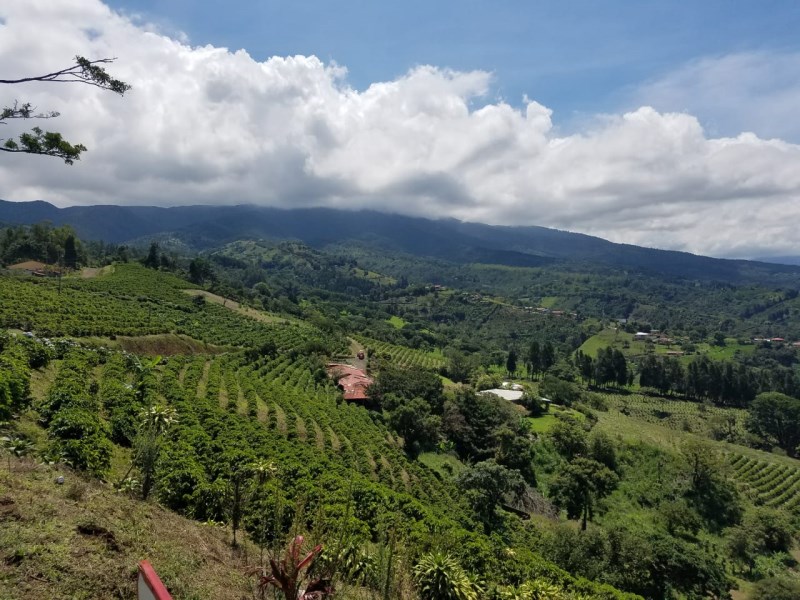Costa Rica is globally recognized for its commitment to environmental conservation and the sustainable management of natural resources. In this context, the recent ruling of the Constitutional Court to protect 122 water springs in the canton of Naranjo carries a special significance. The news emerged after a citizen complaint revealed an administrative error in the registration of these springs, which had diminished the legally established protection area that guarantees the integrity of this vital water resource. The case not only emphasizes the importance of precise recordkeeping in environmental management but also highlights the fundamental role of citizen oversight in safeguarding natural heritage.
Details of the Ruling
The judicial decision focuses on correcting an erroneous record that affected 122 water springs, thereby compromising the legal boundaries of the protected areas. The error, identified through a citizen complaint, reduced the level of protection mandated by environmental regulations, putting the preservation of these essential resources at risk. Relying on the constitutional right of citizens to a healthy environment, the Court ordered state entities—such as the AyA and the Ministry of Environment and Energy (Minae)—to immediately update the record. Specific measures and deadlines were established to ensure that the institutions adjust the protection boundaries, reaffirming the nation’s commitment to environmental justice and ecosystem conservation.

Environmental and Social Impact
Correcting the record and expanding the protected area has decisive implications for the environment. Proper preservation of the water springs is crucial not only for maintaining local biodiversity, but also for ensuring the quality and availability of the water resource itself. These springs support numerous ecosystems, and their protection is fundamental in maintaining ecological balance over the long term. Furthermore, the measure positively affects local communities by ensuring a reliable water supply for domestic, agricultural, and industrial uses. With precise management of natural resources, public trust in the institutions responsible for protection is strengthened, delivering direct benefits to community well-being.
Citizen Participation and Accountability
One of the most notable aspects of this case is the active role played by citizens. The complaint exposed a flaw that, left unaddressed, could have had long-term negative consequences on environmental management. This action demonstrates that citizens can—and should—exercise oversight over governmental administration, acting as true stewards of the environment. The ruling not only corrects a specific administrative error but also sets an important precedent in terms of accountability. By obliging state agencies to maintain accurate and updated records, institutional supervision is reinforced, encouraging further reviews and improvements that guarantee the comprehensive protection of natural resources.


















